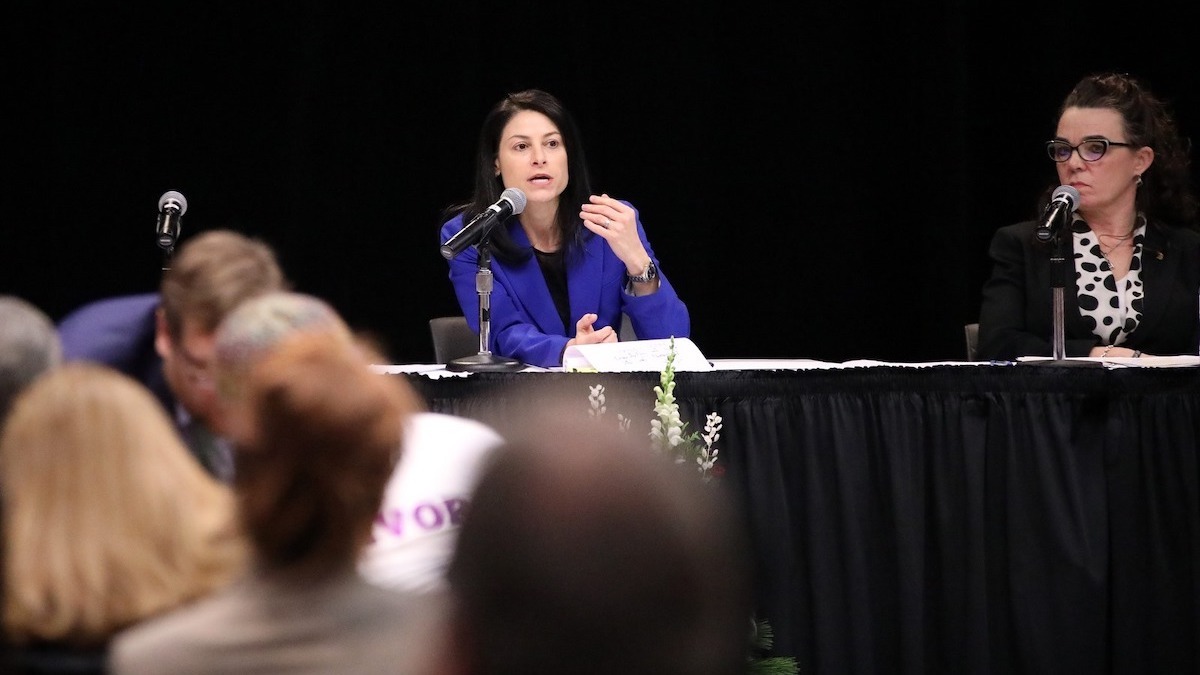Michigan Attorney General Dana Nessel | Facebook
Michigan Attorney General Dana Nessel | Facebook
A federal advisory committee, including the Office of Michigan Attorney General Dana Nessel, recently presented recommendations on how to control illegal robocalls that interrupt important hospital communications to the Federal Communication Commission, according to a Dec. 29 Department of Attorney General press release.
A Dec. 14 report from the Hospital Robocall Protection Group (HRPG) to the FCC outlined how hospitals, federal and state governments, and the telecom industry can all work to prevent these disruptive communications, which can range from phishing schemes, to targeted social engineering, to denial-of-service attacks. Consequences of these illegal calls can be threats to patient privacy, unauthorized access to prescription drugs and diversion of critical hospital resources.
An assistant attorney general from Nessel's office was appointed to the HRPG in July.
“Under my administration, Michigan has been a national leader in responding to illegal robocalls and I am proud of the role my office has had in creating best-practices guidelines for hospitals, governments and voice service providers. These guidelines will strengthen the protection for hospitals from robocalls that interfere with their operations,” Nessel said in the release. “I am committed to keeping Michigan at the forefront as our nation continues to develop appropriate measures and protocols to fight this persistent issue.”
Courtesy of the Department of Attorney General, here are bast practices to prevent these disruptions from happening:
- Telecom carriers should analyze, identify and monitor traffic on their network for patterns consistent with unlawful robocalls, and establish a method to ensure hospitals can quickly notify the provider about unlawful robocalls that interfere with patient care and hospital operations.
- Hospitals should educate staff and raise awareness of robocall incidents through staff training and preparing robocall incident response plans, as well as evaluate robocall events to capture relevant information about calling activity.
- Federal and state governments should create and implement policies to facilitate the telecom industry’s ability to prevent unlawful robocalls from reaching hospitals and improve communication methods among hospitals and law enforcement agencies.


 Alerts Sign-up
Alerts Sign-up